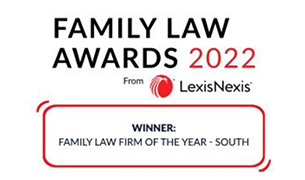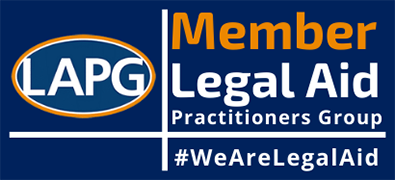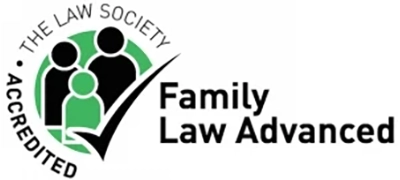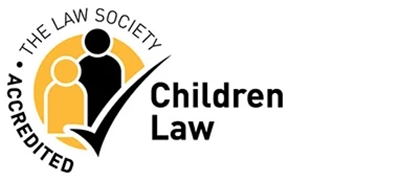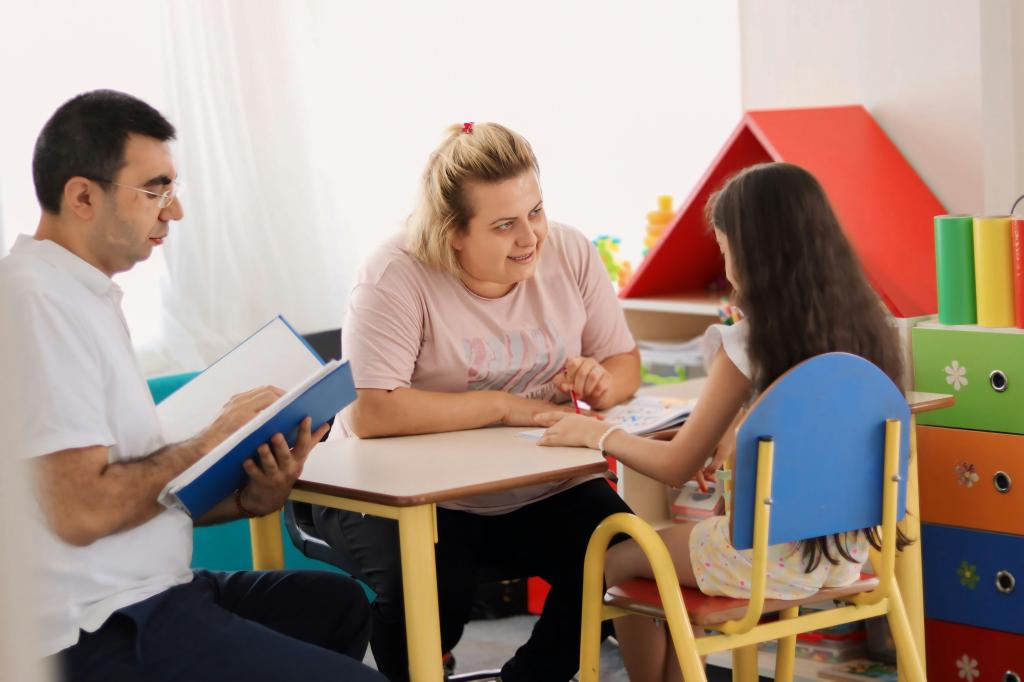
The local authorities can start a legal process called care proceedings when worries are voiced that a child could be at danger of significant harm. These processes are meant to protect children’s welfare and to guarantee that families are handled fairly and respectfully. If you are engaged in care proceedings, or supporting someone who is, it may seem daunting but knowing the process can help.
The Family Law Company helps families negotiate these trying times with compassion, knowledge, and expertise. In this blog post Public Law Care Proceedings Legal Advisor and Director Carrie Laws summarises the key phases in care proceedings
What are Public Law Care Proceedings?
Care proceedings are initiated by a local authority when they believe a child is not safe in their current living environment. The court will consider whether the child should be removed from home temporarily or permanently and who should be responsible for their care moving forward.
Interim Care Orders
Before any final decisions are made, the court can issue an Interim Care Order. This can allow the local authority to place the child in a safer setting until final decisions are made or until the home environment is made safer for the children. In some cases the children can stay at home with the parents under an ICO whilst the local authority assesses the child/ren in the care of their parent/s. These temporary arrangements are often used while the case is being investigated and assessed.
The Case Management Hearing (CMH)
One of the first and most important steps in the process is the Case Management Hearing, usually held within 12 to 18 days of the application being made. At this hearing, the judge:
- Identifies the key issues in the case
- Decides what evidence needs to be gathered
- Determines whether the local authority has met the legal threshold to justify court intervention
This hearing sets the tone and direction for the rest of the proceedings. It’s often brief and procedural but plays a vital role in ensuring the case progresses efficiently.
The Issues Resolution Hearing (IRH)
If matters aren’t resolved early, the court will schedule an Issues Resolution Hearing. This is the point at which all parties try to reach an agreement to avoid a final contested hearing. If agreement isn’t possible, the IRH will help narrow down the issues for the court to decide at the final hearing.
The Final Hearing
At the final hearing, the judge will consider all the evidence and make a decision about the child’s future. This could include issuing a Care Order or Supervision Order. The court’s primary concern throughout is the safety and welfare of the child.
Who is involved?
Anyone with parental responsibility is automatically considered a party to the proceedings and is entitled to attend all hearings and view all evidence. In some circumstances, other individuals—such as extended family members—can apply to become part of the proceedings if they wish to care for the child.
How long will it take?
In keeping with the Children and Families Act 2014, care proceedings are meant to finish within 26 weeks of the application being filed. Some difficult situations might, nevertheless, take longer.
Legal advisors for Public Law Care Proceedings
We understand how scary the care processes can be. It’s important to get the right help and legal advice right away if you’re in this position. Our dedicated care team at The Family Law Company is here to help you every step of the way. Please do not hesitate to contact us if you have any queries regarding care proceedings or require legal advice
Need some advice? Get in touch today
"*" indicates required fields
The information submitted here is used and stored for the purpose of replying to the enquiry. For more information on how we process data please visit our Privacy Policy.




